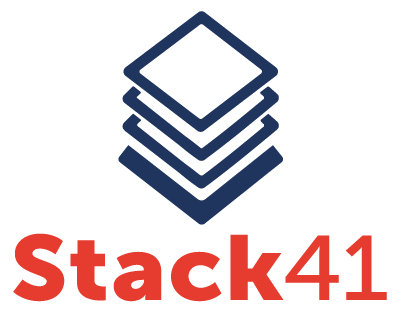Empowerment of individuals is a key part of what makes open source work, since in the end, innovations tend to come from small groups, not from large, structured efforts.
-Tim O’Reilly
Software of all types pretty much starts out the same: A developer writes code to perform a specific set of tasks. The developer must create something relevant that will do the job better than available alternatives.
In the Free Open Source Software (FOSS) world, let ussay an open source hypervisor is being designed. The software code is posted in a place such as GitHub where other developers can hone the original software, make it function better, and possibly add a few additional features. It is a collaborative effort largely based on individual passion, but also companies, such as Google and Microsoft, contribute a good deal of work to the FOSS Linux kernel. Peer review keeps the end product relevant and effective.
In the proprietary world, that hypervisor software has a layer of abstraction added to it to make it the Intellectual Property (IP) of the company, paying the original developers, which allows it to be licensed to its users for a recurring fee. When the software is deemed ready for release, marketing funds boost are applied to the product, its partner network is engaged, and they are incentivized to sell it to their customer base via commissions, based on license revenues.
In both worlds, the software runs on a host Virtual Machine (VM) to create and manage VMs, directing data to substrata of other guest VMs housing business applications. The only real differences for an enterprise is that users of the proprietary hypervisor pay continual license fees – and although there are costs for utilizing FOSS, there are not recurring license fees – and other users of open source software are not “locked in” to their vendor.
FOSS is “free” in the fact that it is not tethered to a specific company who creates and markets it to its customers. Stack41 pays third-party specialist companies that support the FOSS we employ for various function in our cloud operations. These companies provide forums and provide updates and security patches in exactly the same way one might expect proprietary software providers. The result is a highly capable software ecosystem without the considerably higher costs of proprietary software.
Where long-term access to data is particularly important, software decisions can have a lasting and damaging impact on an enterprise. Notably, in the world of Big Data and the Internet of things (IoT), using a proprietary database to store historical data is not only quite expensive, however, the data may not be portable to another platform or interoperate with other data. While it is impossible to have predict the future, far-sighted and sensible questions need to be asked when deciding which vendors to use.
Stack41 is an advocate of Free Open Source Software (FOSS) for numerous reasons:
- FOSS allows us to offer best-in-class solutions while controlling the cost of providing those services by not exposing our customers to proprietary software.
- We are well versed in writing software so we can add features to FOSS code if our customers need us to.
- Our customers are not locked into us through any proprietary applications. We would rather have our customers choose to stay with us because they are happy, not because they have to.
- FOSS applications are portable to other providers and easily interwork with other business software.
- The future of enterprise applications is that they will reside in the cloud. Choosing a proprietary cloud platform today (such as AWS or Microsoft Azure) locks an organization into that platform – which we do not believe should restrict an enterprise.
Open source software is not in all the trade magazines, and it is not provided and supported by household name companies, however, it does fulfill the appeal to the C-Suite that relies on its specialized IT staff to make sound recommendations for the business. Most notably, however, it decreases the total cost of ownership of enterprise software applications, increases the options for the future, and does not tie you to a vendor relationship that may sour or stagnate at some point in time.
As with any business decision, do what is right for your enterprise and ultimately your bottom line. If you are thinking Free Open Source Software (FOSS) is worth exploring – contact the Stack41 team for a free consultation.


